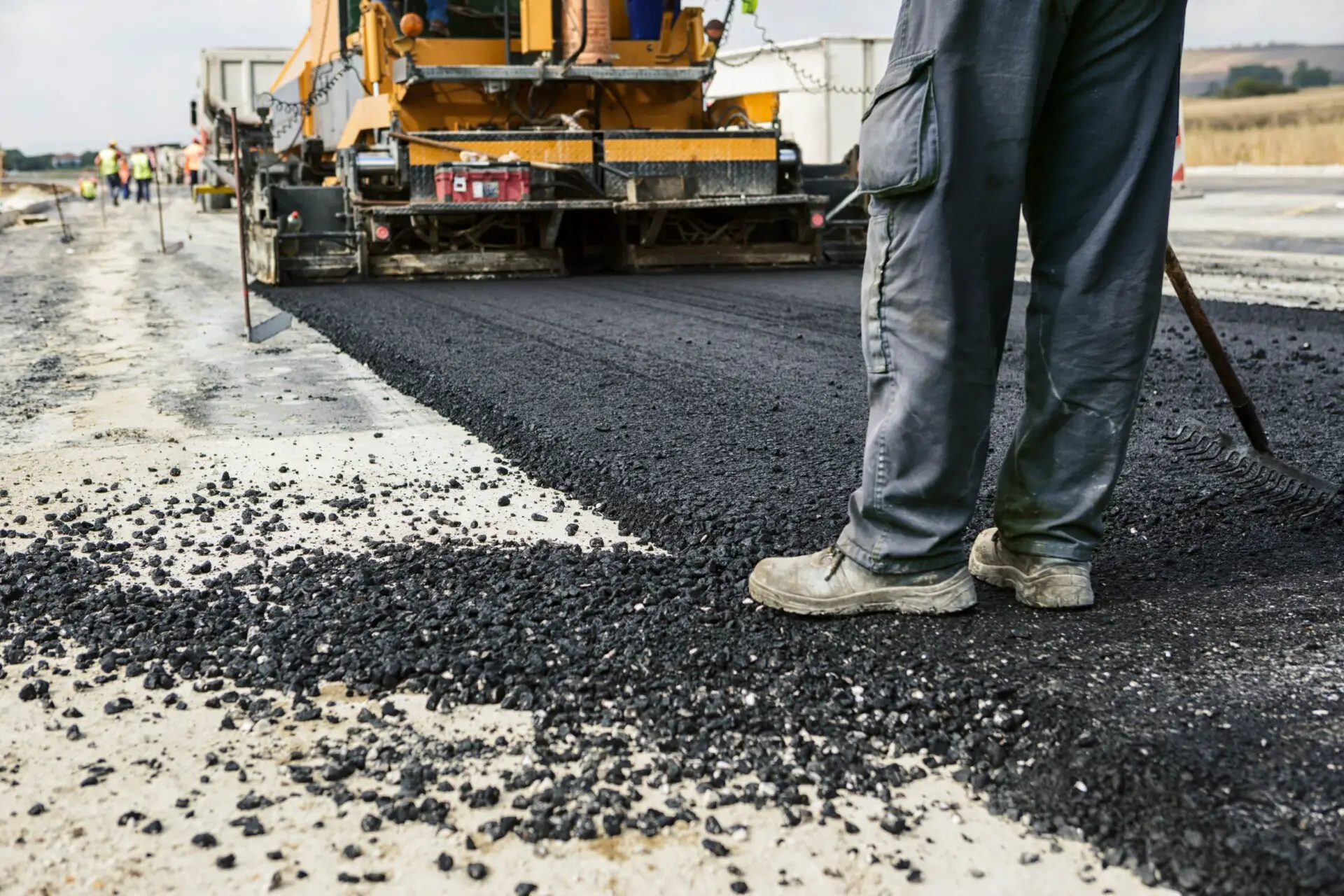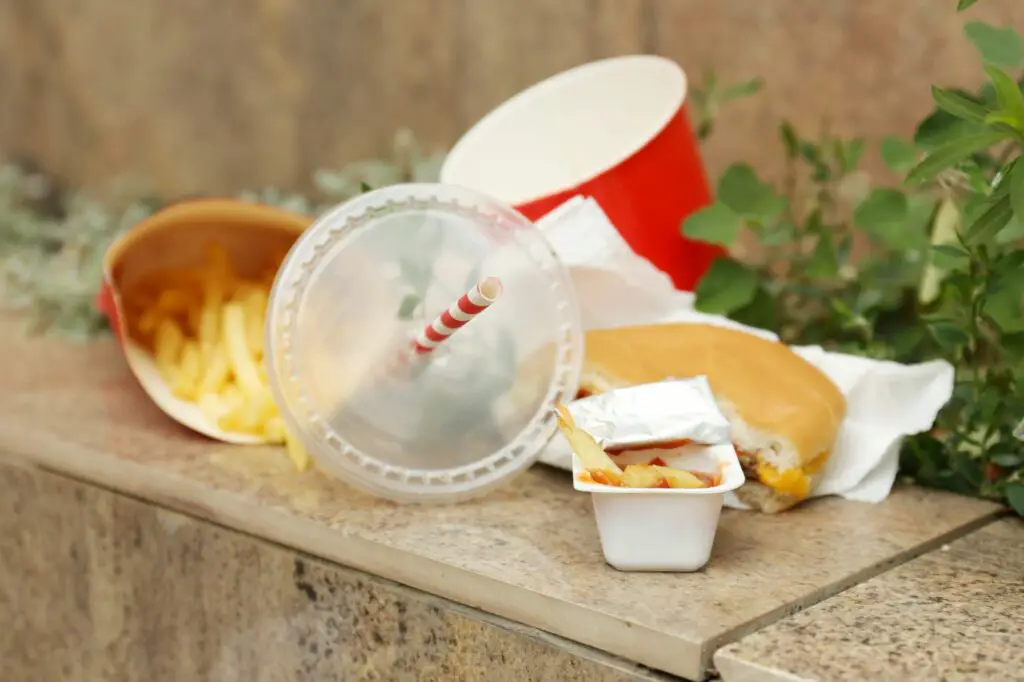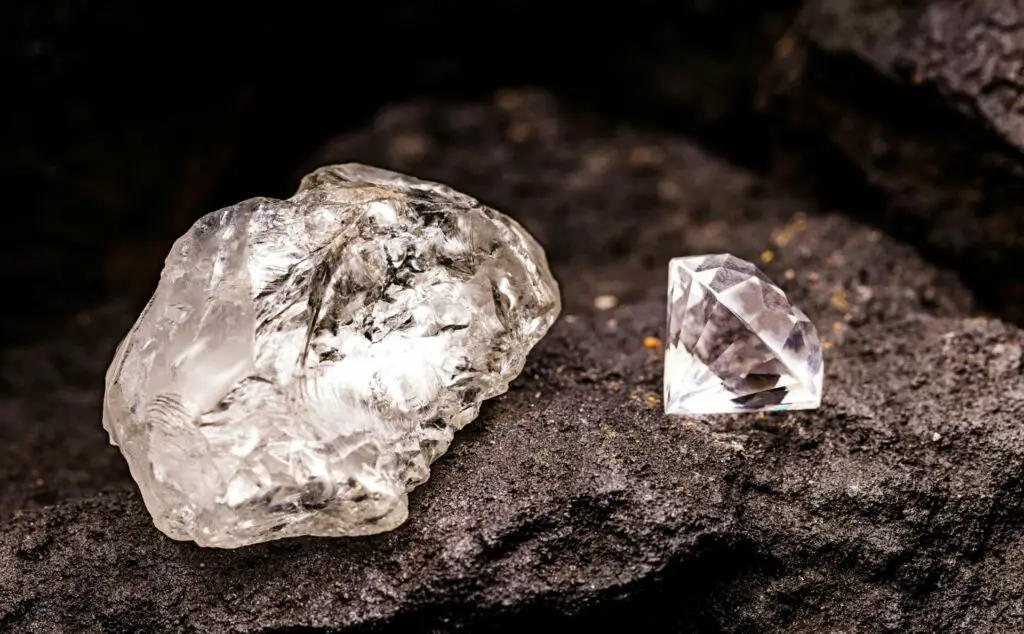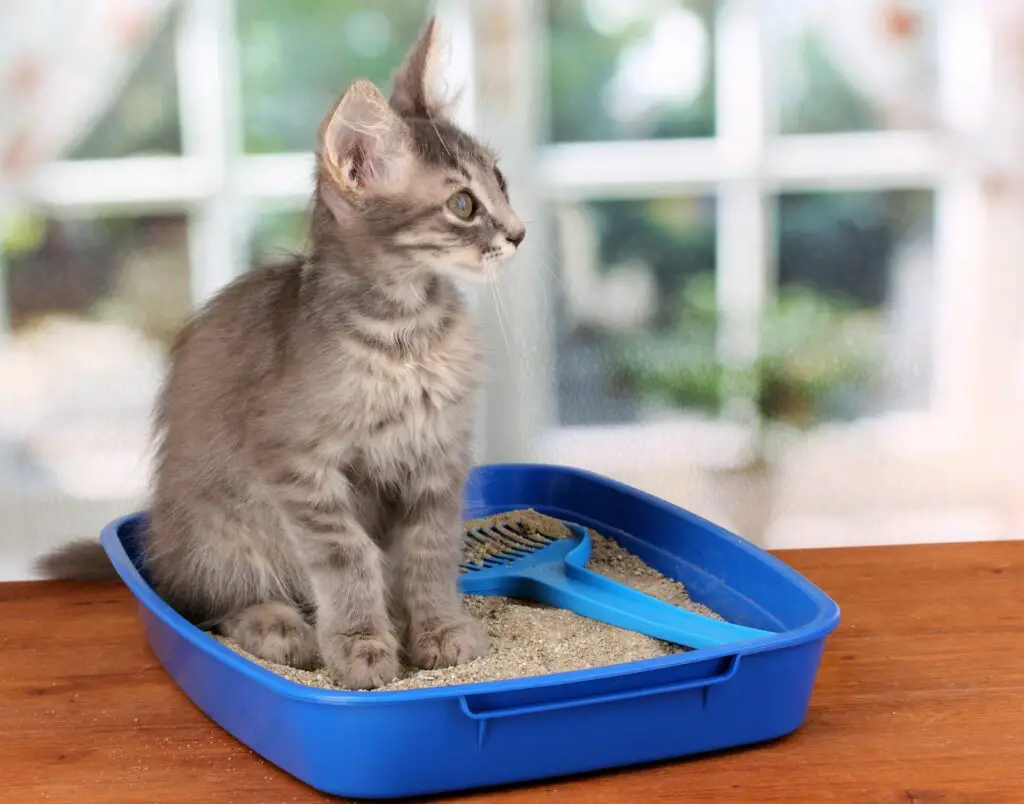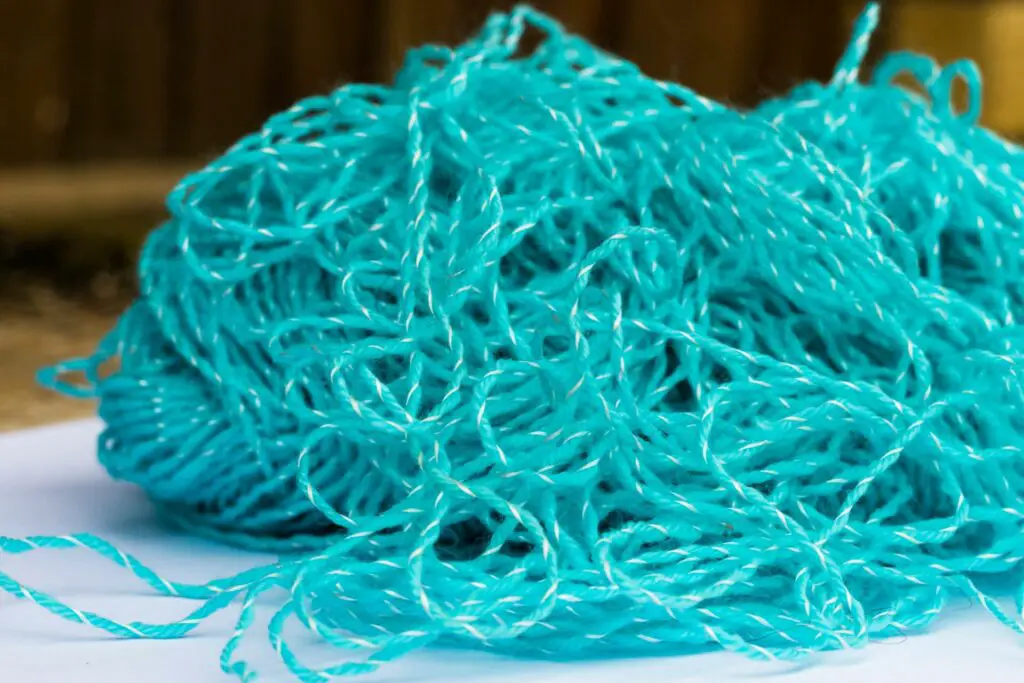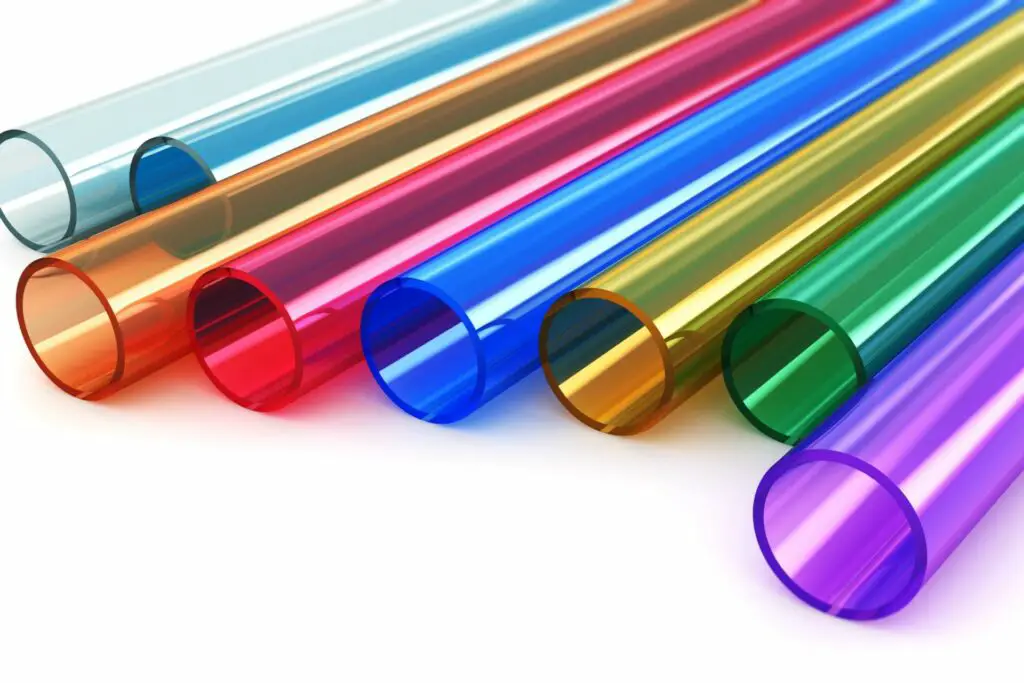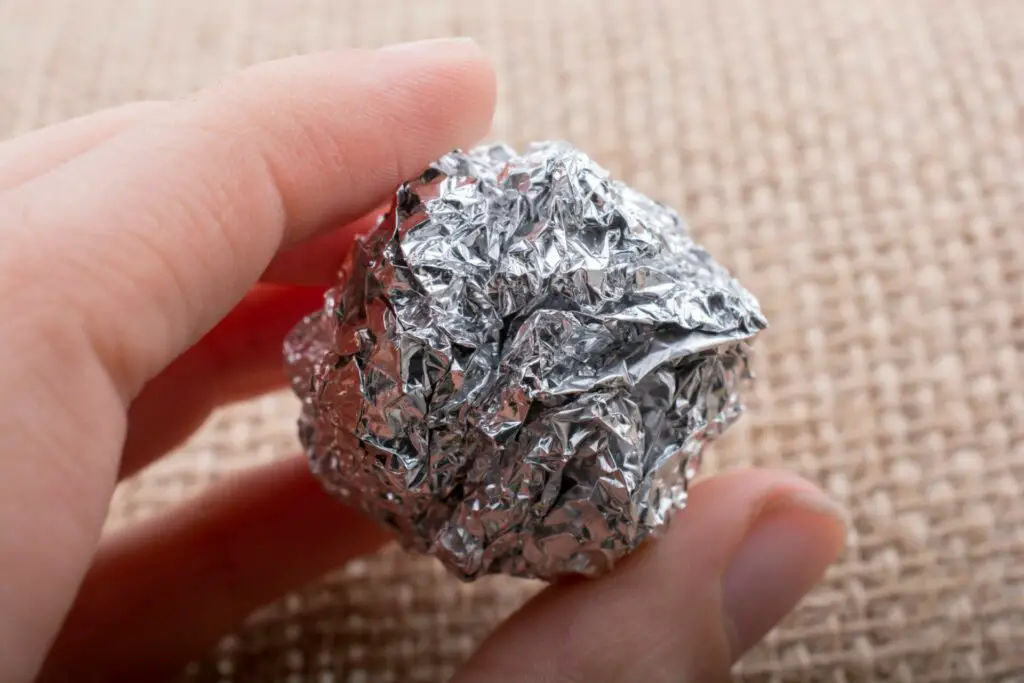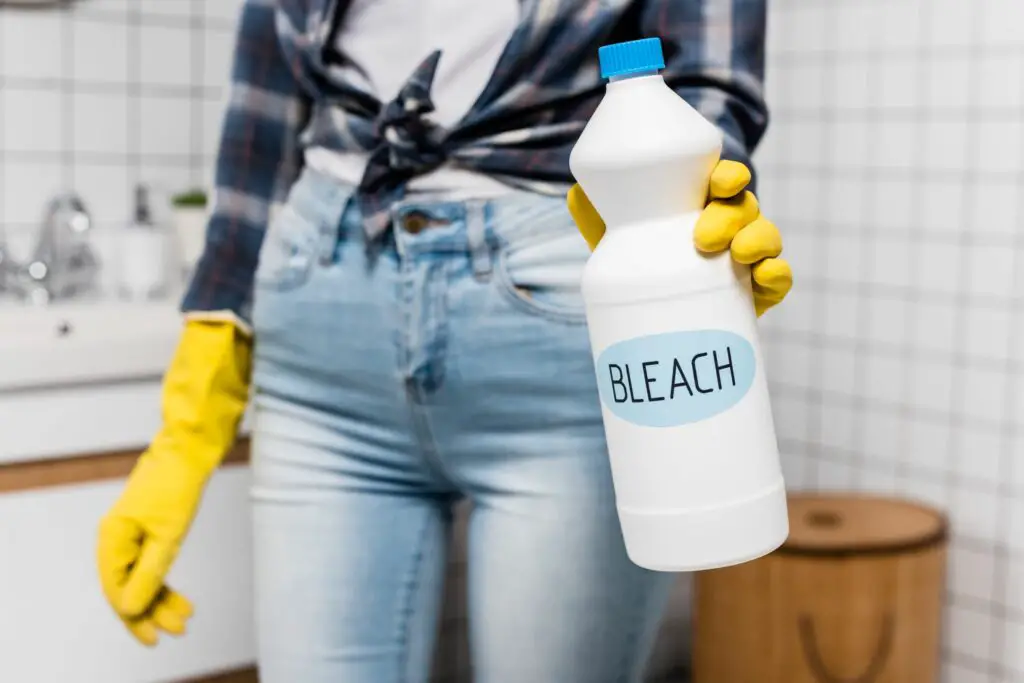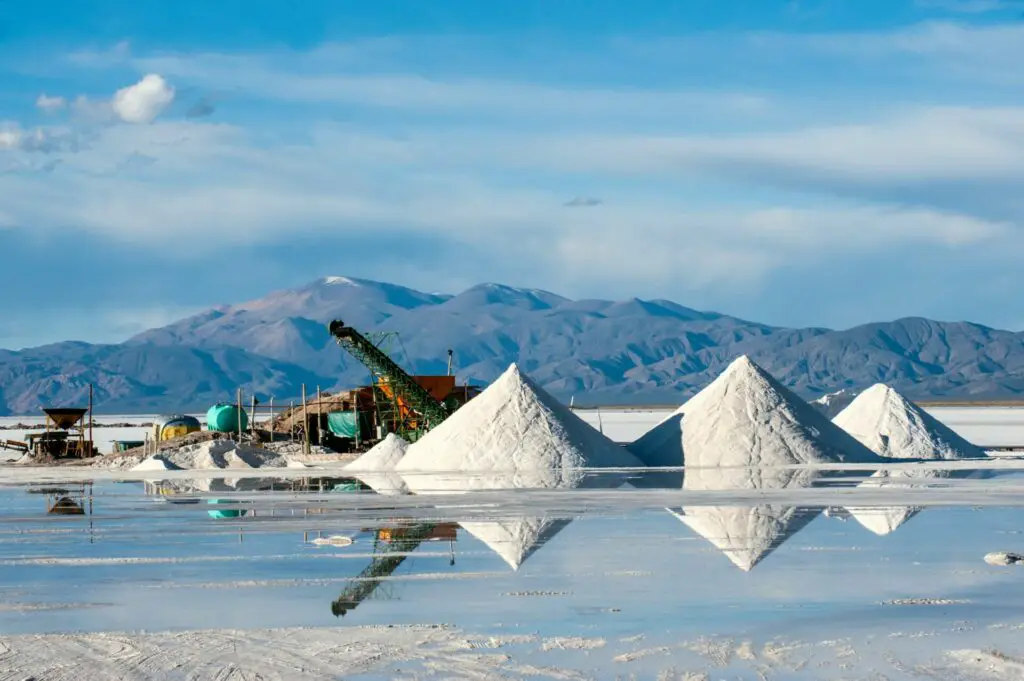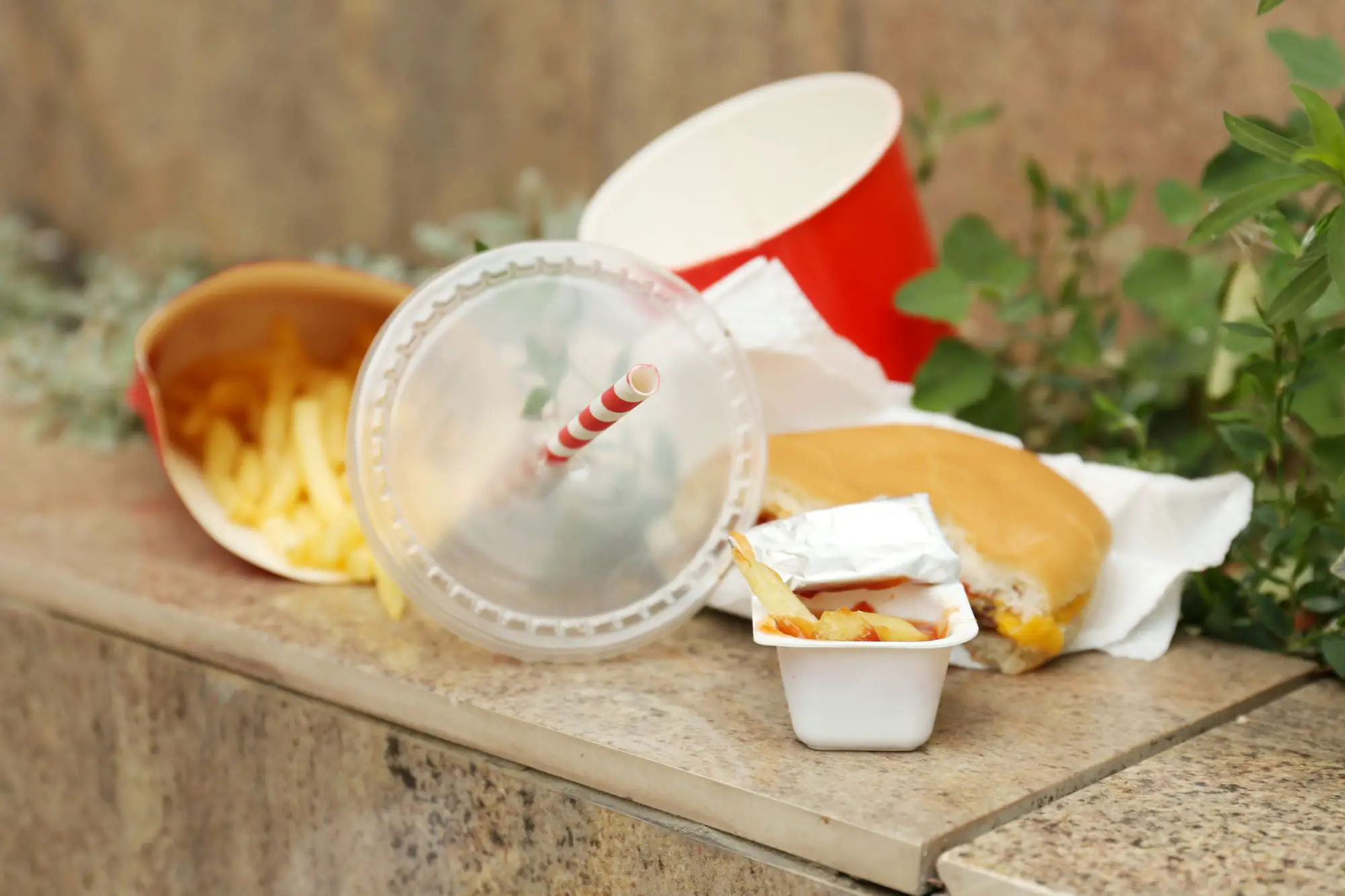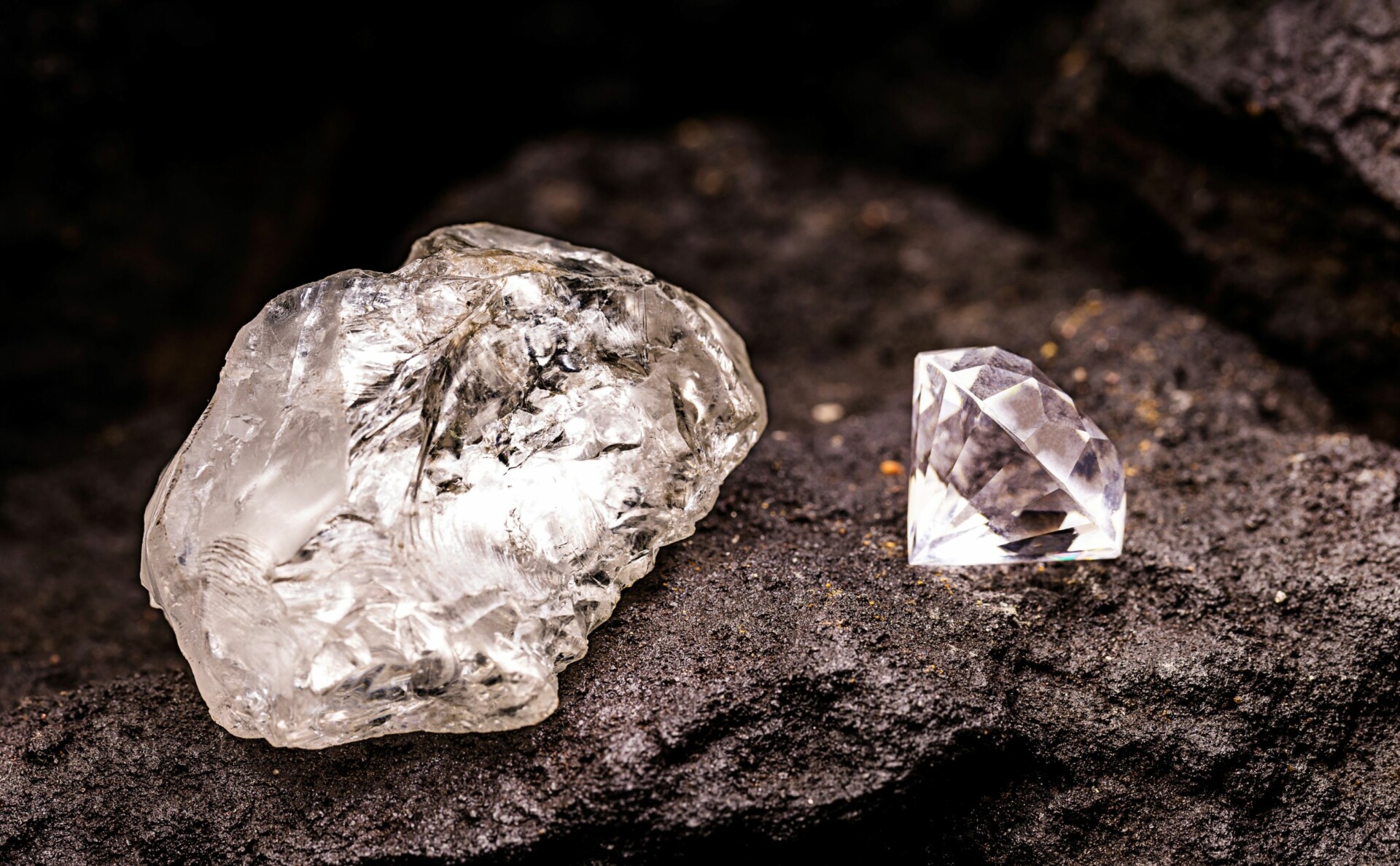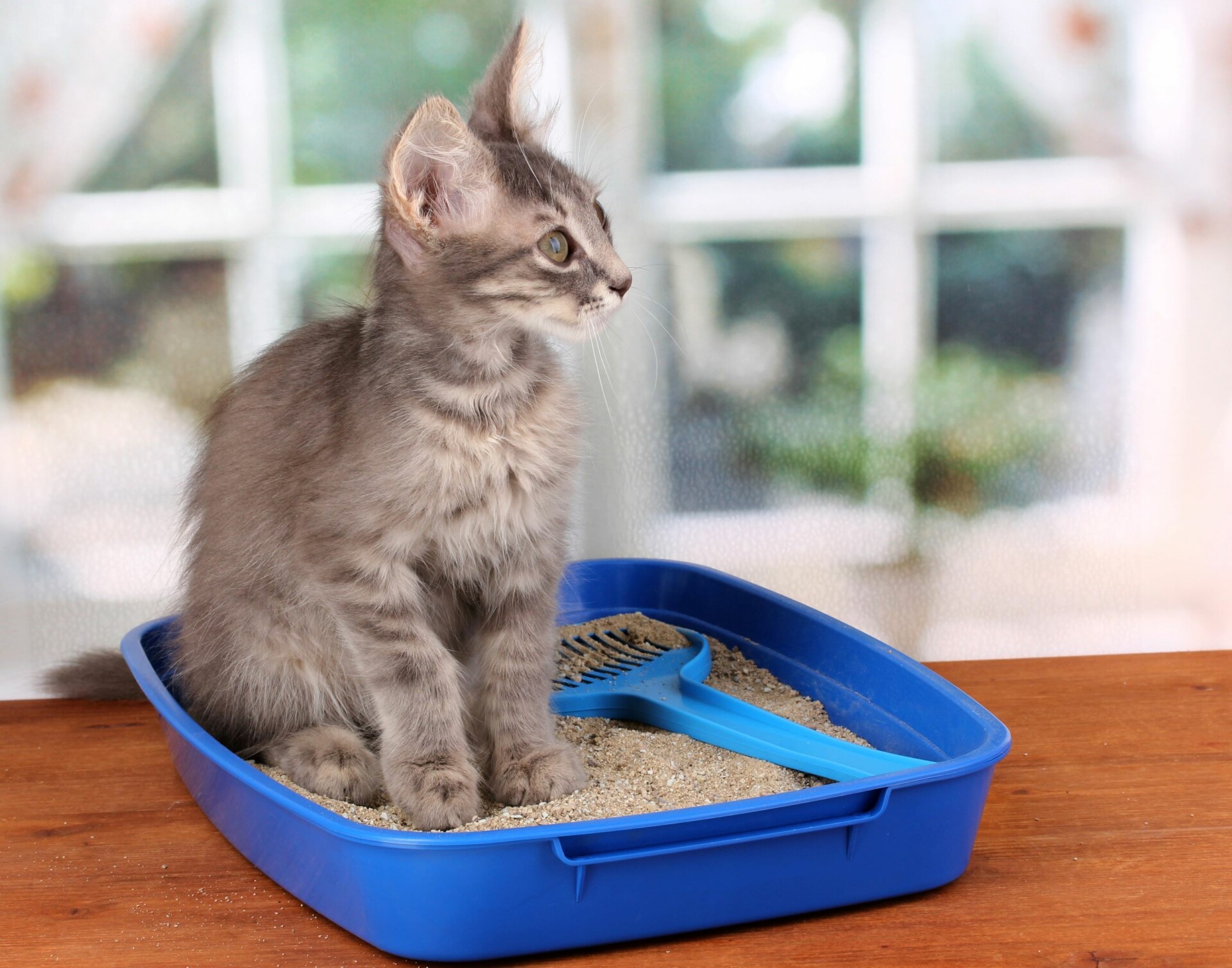With sustainability becoming a bigger concern in society, people are becoming more conscious about the materials used to build pavements and driveways.
Given that asphalt millings are made from asphalt, they’re a step in the right direction since they reduce reliance on mines and reuse old asphalt.
Here’s everything you need to know about how sustainable asphalt millings are.
1. What Exactly Are Asphalt Millings?
Asphalt millings are a type of pavement or driveway.
They’re also known as pavement millings or recycled asphalt millings.
They’re made from repaved asphalt. The old asphalt is ground up and repaved.
Asphalt millings also typically contain stone, sand, and other materials.
2. How Do Asphalt Millings Affect the Environment?
Contamination
Asphalt millings are porous.
In terms of sustainability, this is mostly regarded as a good thing.
Permeable driveways can reduce the risk of flooding because the water can slowly drain through to the soil underneath, so it doesn’t build up.
These types of pavements may even cut down on the spread of pollution as they can trap hazardous substances and stop them from spreading further.
However, without a pavement top surface, asphalt millings can actually migrate due to intense weather conditions or heavy use.
So, this can actually contaminate the new environments the asphalt millings enter.
For example, bitumen binder is used in asphalt paving and contains polycyclic aromatic hydrocarbons, which are pollutants.
These compounds are carcinogenic and toxic to marine life.
Reduces Waste
Since asphalt millings are made from recycled asphalt, they reduce waste.
Otherwise, the old asphalt pavement may have been sent to a landfill.
Since asphalt is not biodegradable, this waste can accumulate.
This also reduces the need to mine new materials to make pavements and driveways.
New asphalt is made from asphalt cement and aggregate.
Mining and quarrying for aggregate is bad for the environment.
Keep in mind that asphalt millings contain less asphalt than you might imagine.
They’re mostly made of non-renewable materials like stone, rock, sand, and silt, which need to be quarried.
Only 5% to 7% of the millings are actually repurposed asphalt.
With that said, asphalt is believed to have a recycling rate of 99%, which is very promising.
Most of the recycled asphalt is used in new pavements.
High Energy Use
Making asphalt in the first place is energy intensive which is another reason why asphalt millings are more sustainable.
This is because most energy use in the US (and worldwide) is still reliant on non-renewable sources like natural gas.
With that said, asphalt millings are still energy intensive as the old asphalt must be removed, ground up, and reinstalled.
3. Are Asphalt Millings Toxic?
Asphalt millings are somewhat toxic.
They can sometimes leach toxic substances like polycyclic hydrocarbons or lead but not in large amounts.
Although the amount of these substances is usually quite low, it’s still a cause of concern and can pollute water and the surrounding environment.
As mentioned earlier, polycyclic hydrocarbons are toxic for marine life; they can negatively impact development, increase the risk of cancer, and impact bone health and hormones.
Meanwhile, lead is toxic to humans and can negatively impact the growth and development of plants and animals.
Research found that regular asphalt can release VOCs, which are potent air polluters.
The research found that the higher the temperature, the more compounds were released.
However, since there is less asphalt in asphalt millings, they emit fewer VOCs.
4. Do Asphalt Millings Leach into Soil?
Asphalt millings can leach into the soil.
Research found that the millings leached VOCs, aromatic hydrocarbons, and heavy metals but not in huge amounts.
However, research also found that asphalt millings did not leach trace elements in amounts exceeding EPA standards for drinking water.
5. Are Asphalt Millings Permeable?
Asphalt millings are permeable.
As mentioned earlier, permeable pavements can prevent flooding and help to curb pollution.
Some people choose to seal asphalt millings, but this can impact whether it is still permeable.
Moreover, sometimes this sealant contains coal tar or acrylic.
Neither coal tar nor acrylic are renewable resources.
Tar can cause pollution and is extremely toxic to marine life.
Both of these materials are sourced via mining, as coal tar comes from coal.
6. Are Asphalt Millings Better than Gravel?
There are pros and cons to both asphalt millings and gravel when it comes to sustainability.
Keep in mind that asphalt millings are often referred to as gravel, but in this instance, we are discussing rock fragments when referring to gravel.
Like asphalt millings, gravel is also a non-renewable material.
Although stone appears to be in abundance, it does not replenish itself.
Gravel is typically sourced from rivers and floodplains.
Mining in these areas can cause water pollution and degrade the river bank.
Since gravel is crushed stone, it doesn’t appear to be toxic.
Gravel is also permeable. However, asphalt millings are more durable than gravel.
Driving over gravel can release dust, which people and animals can inhale.
Silica is often found in gravel; exposure to silica can cause lung inflammation, increase the risk of cancer, and cause other health problems.
Asphalt millings do not give off this kind of dust.
Although gravel can be recycled, recycled gravel driveways do not seem to be as popular as asphalt millings.
7. How Long Do Asphalt Millings Last?
Asphalt millings can last around 20 to 30 years and do not seem to need much maintenance in the meantime.
Although regular asphalt has a similar life span, asphalt millings appear to be more durable.
8. What Are Eco-Friendly Alternatives to Asphalt Millings?
Seashell Driveways
Like asphalt millings, seashell driveways are made from recycled seashells.
This saves seashells from being sent to landfills as they’re sourced from waste products from the food industry.
Since seashells are also non-renewable, using recycled seashells is a step in the right direction.
They are also permeable and do not seem to be toxic.
Crushed Concrete
Crushed concrete driveways are also made from recycled materials, so this reduces the need to source stone from quarries and mines.
Crushed concrete is also permeable.
Research found this material can absorb significant amounts of phosphorus from rainwater.
Otherwise, this phosphorus-rich rainwater can easily make its way to lakes and ponds.
The extra phosphorus can increase algae growth.
Algae is not harmful in normal amounts since some marine life feed on it.
However, too much algae can reduce the amount of oxygen in the water, which is detrimental to marine life.
You Might Also Like…
- Is Fast Food Bad for the Environment? (& What You Can Do)
- Is Fabric Softener Bad for the Environment? (+5 Eco-Friendly Options)
- Is Fuel Dumping Bad for the Environment? (& How Often It Happens)
- Is Electricity Generation Bad for the Environment? (What You Should Know)
- Is Dry Cleaning Bad for the Environment? (4 Surprising Facts)
- Is Diamond Mining Bad for the Environment? (Important Facts)
- Is DEET Bad for the Environment? 4 Effects (You Should Know)
- Is Cat Litter Bad for the Environment? (5 Common Questions)
- Is Burning Cardboard Bad for the Environment? (6 Facts)
- Is Burning Paper Bad for the Environment? (6 Surprising Facts)
- Is Burning Leaves Bad for the Environment? (7 Quick Facts)
- 4 Natural Cleaners for Quartz Countertops
- 6 Eco-Friendly Acrylic Paint Brands (For Sustainable Artists)
- 5 Eco-friendly Alternatives to Acrylic Paint (& How to Make Them)
- Is Acrylic Paint Bad for the Environment? (7 Quick Facts)
- Is Acrylic Yarn Bad for the Environment? 8 Crucial Facts
- Is Acrylic Bad for the Environment? (8 Quick Facts)
- Is Aluminum Foil Bad for the Environment? 7 Quick Facts
- Is Bleach Bad for the Environment? 6 Crucial Facts
- Is Lithium Mining Bad for the Environment? 6 Crucial Facts

